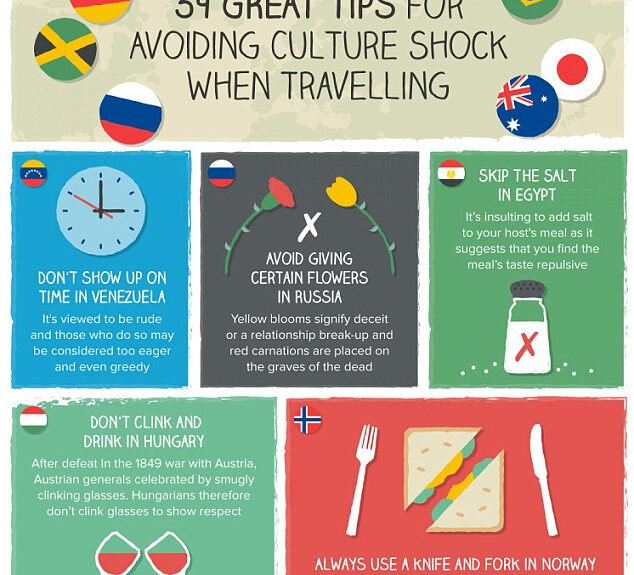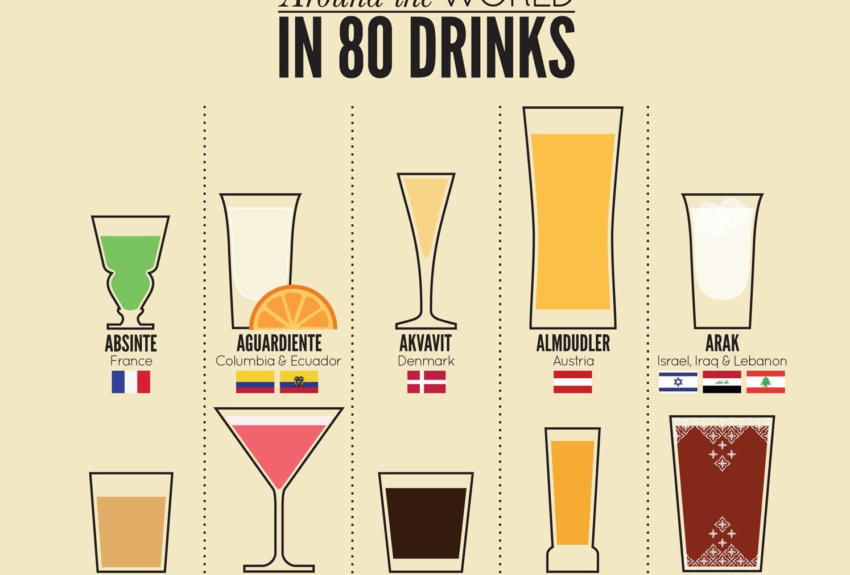Whether you are planning a website launch or a redesign, focusing on increasing your web presence or search engine rankings, understanding the relation between SEO and web development is a prerequisite to maximising your website’s performance.
Even more so, with a paradigm change on the horizon – driven by Google’s mobile-first index and core web vitals updates – search engine optimisation and web development are playing a central role in positioning your sites in the first search engines listings.
However you choose to look at it, web development, design and SEO are the foundation of any business website, e-commerce, and non-e-commerce altogether. Here are the key points we’ll be addressing in this article, promoting a good collaboration between the SEO and dev teams for rank-boosting beyond 2021:
- What is the relation between search engine optimisation and development
- How they work together towards improving site rankings
- Why you need website development or SEO services to ensure your online success
Today’s digital marketing landscape
With half the world’s population using mobile search, and mobile shopping becoming second nature, Google is paying increased attention to mobile-friendliness, site speed and usability in their efforts of delivering the best UX for their users. In turn, SEOs are advising website owners to revise their web design process and focus their resources on providing a better experience for their visitors. From improving their website structure, to optimising page speed, and writing content with keywords intent in mind – from the home page down to category pages and product pages – all their marketing efforts will eventually pay off: appearing higher in search engines, improving site traffic, obtaining a lower bounce rate, and achieving a high ROI for any online company, regardless of the industry.
Why is web development important for SEO?
Web development and web design activities support SEO efforts in many ways, more or less noticeable, offering the basis for a well-optimised website, even assisting or making possible the implementation of most technical SEO tasks. Site architecture and internal linking add even more to the scheme. Having a good site structure in place counts for navigation, usability, findability, passing link equity from one page to another, and last but not least, ranking. The dev team are assisting the SEO team in ensuring these processes are top-notch.
Basically, everything that you see in a browser is thanks to web developers’ work, without it, striving for visibility in Google search is pointless. A website that has a high ranking has also a solid foundation behind it, which means that web developers doing a great job is a necessary condition for showing up on the first page on Google.
But is it sufficient? Indeed a lot more work needs to be done for a website to rank in Google’s results. On top of having a solid site architecture comes the technical on-page optimisation processes that are meant to instruct Google to crawl and index pages, making sure that every page is serving the correct status code, that it has the right directives in place, optimal response time, etc.
Next comes the content optimisation, from meta tags, alt tags, page titles, descriptions, headings targeting for the right keywords, and so on, which are fully SEOs responsibility. Keep in mind that we’ve not even mentioned off-page strategies that add a lot of weight when it comes to high rankings – this will be addressed in a separate blog entry. However, for our present purposes, the development part and technical optimisation tasks are in the spotlight now.
When it comes to the structural changes that websites need to accommodate this year in order to get higher Google rankings, SEOs and dev team’s workflows are crossing paths more than they did before.
Do SEOs know web development? Do web developers need to know SEO?
Web development and SEO – Img Source: pexels.com
While SEOs and developers need to work together in achieving the standards imposed by Google for the three core web vitals metrics – troubleshooting, and resolving issues – it isn’t a requirement for any of the teams to have a thorough knowledge of the other team’s work. But it sure does help a lot if they do!
SEO experts have technical and programming skills, and conversely, both developers and designers have technical SEO knowledge, since they often assist SEOs in fixing errors. However, disengagement between the two teams could arise, especially if an outsourced SEO company has to work closely with client-side developers, in which case things can unnecessarily get more complicated.
This is why you might want to hire a digital marketing and web development company, shooting two rabbits with one bullet. It makes the job easier if the two teams work well together, ensuring better time and resource management in achieving your end goals: higher rankings, more business. In the end, this is all that matters.
What is the connection between SEO, development, and Google’s search engine results?
In case it is not obvious thus far, it takes more than optimising your page content for websites to rank first in the search engines. In this sense, solid site development and optimisation are the two sides of a coin.
From mobile-friendliness to optimising server response times, organising URL structures, optimising web pages loading time, fixing problematic URL status codes, and improving core web vitals, SEOs and devs are working together to ensure that best practices are met to offer an improved user experience, better search visibility, more traffic, with long lasting organic results.
Only by focusing on a solid site foundation, and work towards providing a good UX, by improving your website’s core web vitals, your web development and SEO would be in synch, and their combined efforts would help your site get better ranking positions in Google search.
Learn more on how to audit your website for web core vitals, and give us a shout if you want a professional job done! Find out how we design website experiences to create simple and efficient websites!
Why do you need to hire a web developer or a marketing agency, and when should you do so?
Gone are the days when people were building websites to exercise their skills, challenge themselves, or to run an experiment. Today, having a web presence is synonym to having an identity in the online world. It adds credibility, and builds your authority in your industry. It shouldn’t take too much thinking about whether or not you want to risk your business future on experimental attempts.
Realising that you need expert web developers and SEOs goes without saying, if you want your online business to succeed. It also depends on the situation, and your end goals, too. But it’s hard to believe that one can do everything DIY nowadays, from development to optimisation and promotion, and even if they attempt to do so, chances are that they are going to struggle to rank organically in the first results in Google.
If you want to build an e-commerce website, a content management system, or bespoke software, or if you want to add advanced functionality to your website, build a contact form, fix server or hosting issues, and so on, you might want to hire a web development company to help you work towards achieving your goal.
If your website is not performing well, then you might want an SEO specialist to run an audit and devise a personalised strategy for you to boost your rankings.
On top of ensuring your website is running smoothly and your on-page optimisation is consistent with Google’s guidelines, SEOs could also suggest other digital marketing strategies that are necessary for obtaining high rankings and improving your E-A-T score, such as:
- link building
- devising a content marketing strategy
- social media advertising
- or other marketing services that might suit your business better.
On top of this, if getting as much real-estate as possible in Google’s SERP is your goal, then PPC advertising – especially Google Ads campaigns and Google Shopping, depending on the industry – are great strategies to use for improving search visibility on competitive keywords, that would otherwise be harder to rank for in the organic results.
It’s all up to you and your business goals.






